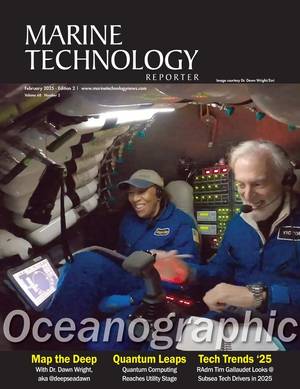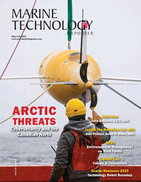Sir Richard Branson Joins Guy Harvey in Great Shark Race
Renowned marine wildlife artist and conservationist Dr. Guy Harvey and Sir Richard Branson are calling on individuals and corporations to sponsor shortfin mako sharks that will be tagged and released off the coast of Isla Mujeres, Mexico later this month.
Dr. Harvey and his foundation, Guy Harvey Ocean Foundation, along with the Guy Harvey Research Institute at Nova Southeastern University, have created an innovative race that allows businesses and/or individuals to sponsor sharks through the purchase of satellite tags. The tags enable researchers and the public to follow these animals via the internet as they travel in near real-time.
The Great Shark Race consists of two “divisions” – the Shortfin Mako Shark Division and the Oceanic Whitetip (OWT) Shark Division. Participants sponsor satellite tags ($5,000 each,), which are affixed to either a mako shark or an oceanic whitetip shark in the Caribbean. Then the shark in each division that travels the furthest in six months wins.
The winning sponsor will receive an prize that includes a diving and or a fishing expedition at the Guy Harvey Outpost in Islamorada, Florida and Guy Harvey original artwork. Existing sponsors are Virgin Unite, AFTCO, Guy Harvey Ocean Foundation, Florida Sea Grant and Guy Harvey Outpost. Prospective new sponsors can go to www.greatsharkrace.com to register.
These two species of ocean going sharks are the focus of a long-term research by the Guy Harvey Research Institute based at Nova Southeastern University’s Oceanographic Center. Both species have been extensively overfished worldwide with the mako listed by the IUCN as vulnerable to extinction and the oceanic whitetip as critically endangered in the Atlantic.
The race aims to shine a spotlight on the incredible distances these sharks swim through the waters of many countries and to draw attention to the effects of overfishing. Without reliable data, fishery managers are hampered in their management and conservation efforts.
Sir Richard Branson is pushing to have all Caribbean nations provide legislated protection for sharks within the next five years as part of the Caribbean Challenge Initiative. So far the Bahamas, Honduras, the BVI and the Cayman Islands have such legislation in place.
The mako shark is a close relative of the white shark and is targeted in commercial long line fisheries for its very tasty flesh. The mako is also a favorite of sport fishermen, as it is known for its incredible speed and ability to jump high out of the water. Few are released because they are good to eat unlike many other shark species.
The oceanic white tip shark (OWT) is the second species to be featured in the Great Shark Race. This is another species that is known to travel great distances. This new tagging effort in the central western Caribbean based in Grand Cayman will greatly add to the data available on this critically endangered species.
The sharks are tracked using a SPOT tag attached to their dorsal fins, which transmits a signal to a satellite when the fin cuts above the surface and gives its position very accurately. The limiting factor in these studies is the high cost of the electronic tag and the satellite time. As the study has expanded several corporations are now stepping up their support. Sir Richard Branson and Virgin Unite and AFTCO are supporting shark tracking efforts by the GHRI in the western Caribbean.
The formula being used in Grand Cayman is to synchronize the tagging with existing fishing tournaments. In using tournament participants to catch the OWTs while fishing for marlin, tuna and dolphin a much greater fishing effort over a wide area is used. The anglers catch the OWTs then call in the chase boat and hand over the shark to the waiting tagging team. They are rewarded for this effort with handsome prizes. In the past these sharks would be killed by anglers regarding them as a nuisance.
The GHOF has a number of very important sponsors on board. The Cayman Islands Brewery has sponsored ten SPOT tags through sales of one of their main popular products, White Tip Lager. The Department of Environment has funds allocated for tagging sharks in Cayman’s territorial waters and now the Dart Corporation is also sponsoring ten SPOTs. These sharks are to be named after schools in the Cayman Islands with the result that thousands of school children will be able to track their school’s shark during the race.



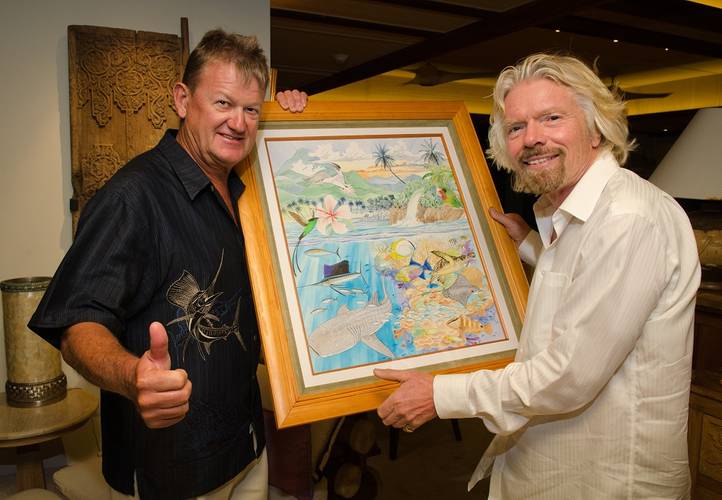
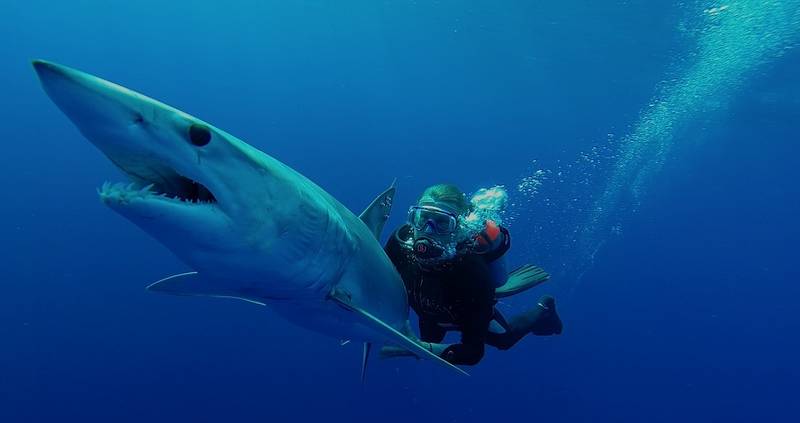
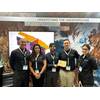


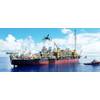
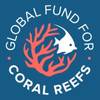
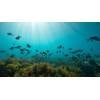






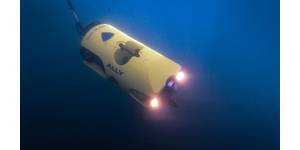
 February 2025
February 2025
